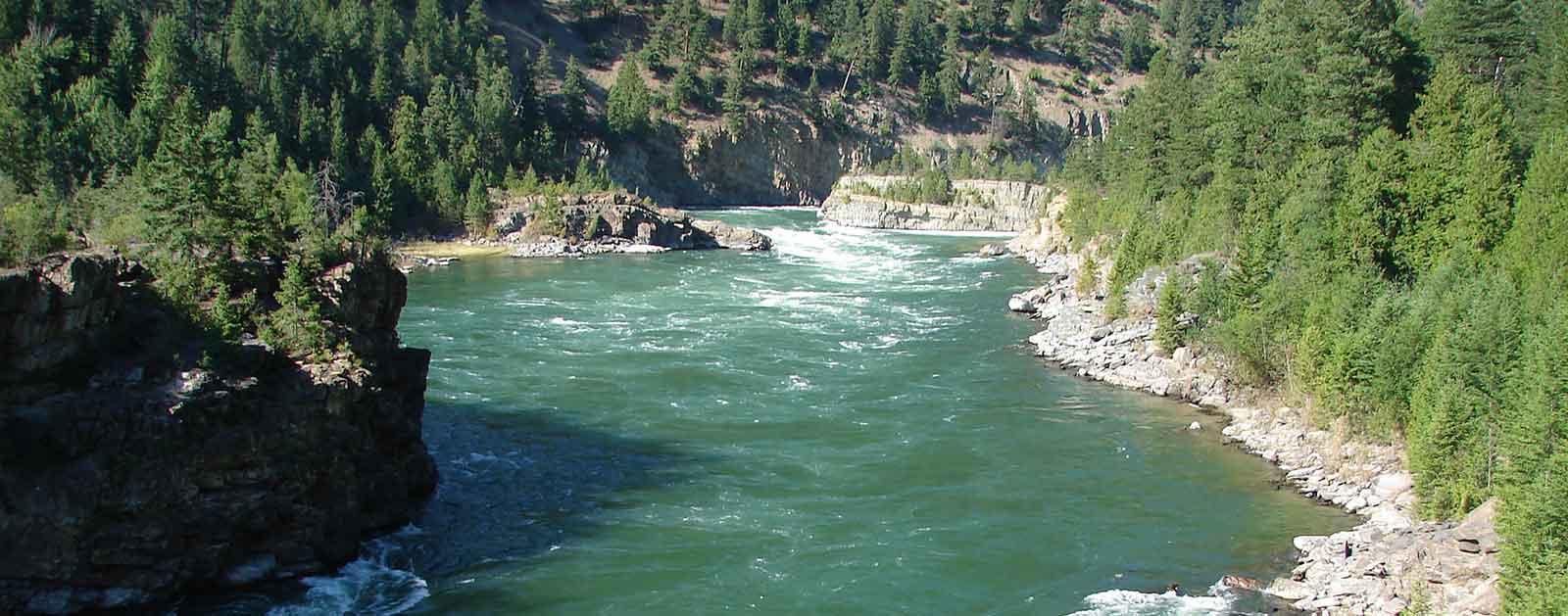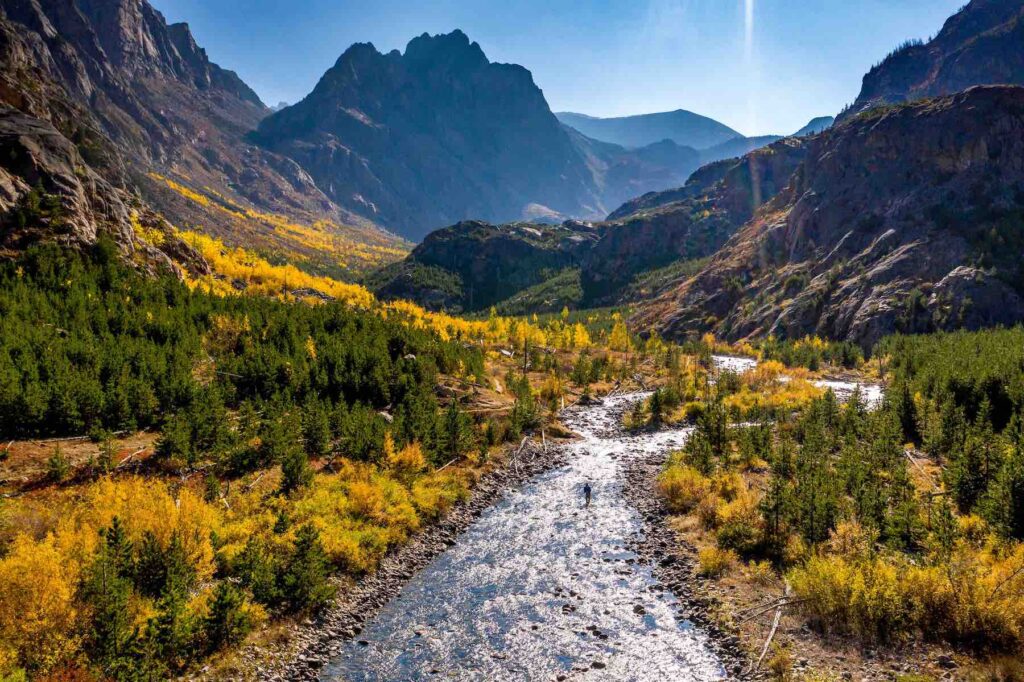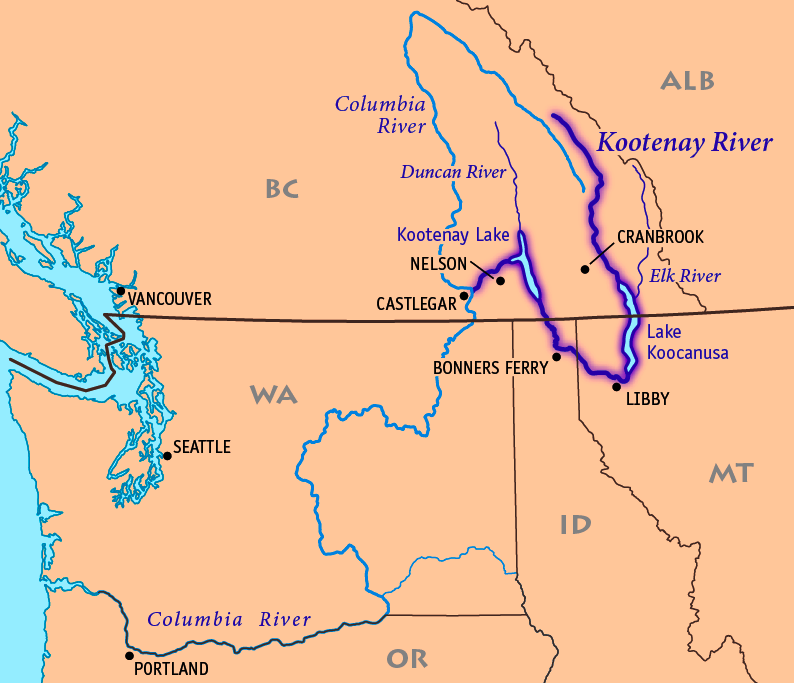Kootenai River

One of our country’s wildest rivers, the Kootenai River provides critical habitat for several rare and threatened native fish species, as well as wildlife like grizzly bear and woodland caribou. However, the river is threatened by runoff and waste from current mining and proposed expansions of five open-pit coal mines along the Elk River in British Columbia, a tributary to the Kootenai.
The U.S. State Department must involve the International Joint Commission in order to halt the mine expansions until an independent study of the impact of current and future mines on water quality, fish, and wildlife is completed.
Threats to This River
Large scale open-pit coal mining is currently degrading water quality and impacting fisheries and other aquatic life in the Elk River in British Columbia, which flows into the headwaters of the Kootenai River. Teck Coal operates five open-pit coal mines in the Elk River Valley. Multiple new mines that are being proposed, along with expansions at existing mining operations, are posing unprecedented risks to the clean water, fish and wildlife, and recreation values of the Kootenai River system.
Selenium, a naturally-occurring element, is released as a result of the mining, and becomes toxic at very low levels in the aquatic environment. Despite documented violation of provincial and federal water quality guidelines for selenium, four of the five mines are expanding. Each mine expansion is being considered individually, with no legal requirement to evaluate the cumulative water quality and aquatic life impacts from all five mines.
In addition to the expansions, one new mine has also been proposed and three large scale exploration projects are currently underway that could lead to even more mine proposals.

Let's Stay in Touch!
We’re hard at work in the Northern Rockies for rivers and clean water. Sign up to get the most important news affecting your water and rivers delivered right to your inbox.
Teck Coal’s own data show that they have exceeded British Columbia’s selenium standard since 2006, with levels steadily increasing and detectable in Montana and Idaho. Selenium is a pollutant that bioaccumulates in the environment. That means its impact multiplies as it moves through the food chain. Elevated levels of selenium have already been detected in Kootenai River fish. Due to selenium contamination, the State of Montana has listed Lake Koocanusa (a dammed section of the Kootenai River on the U.S./Canadian border) as an impaired water body under Section 303(d) of the U.S. Clean Water Act.
British Columbia is expected to issue permits for expansions of two of the five open-pit coal mines in the near future. Both of Montana’s Senators have requested that the U.S. State Department investigate the existing and potential downstream impacts from the open-pit coal mines. In addition, a coalition of tribes has requested that the governments of the U.S. and Canada refer this matter to the International Joint Commission (IJC). International scrutiny of the proposed mines expansion, through the objective auspices of IJC, is the best way to ensure protection of water quality and native fisheries in the Kootenai River system.
Specifically, the U.S. State Department should direct the IJC to investigate and report on the current discharges from the five open-pit coal mines, and the current cumulative adverse impacts on water quality, fisheries, wildlife, and the environment. Given the B.C. government’s accelerated timeline for approving the mine expansions, the U.S. State Department should also request an immediate moratorium on current mine expansions based on a lack of analysis of the cumulative and downstream impacts to water quality and fish habitat.


